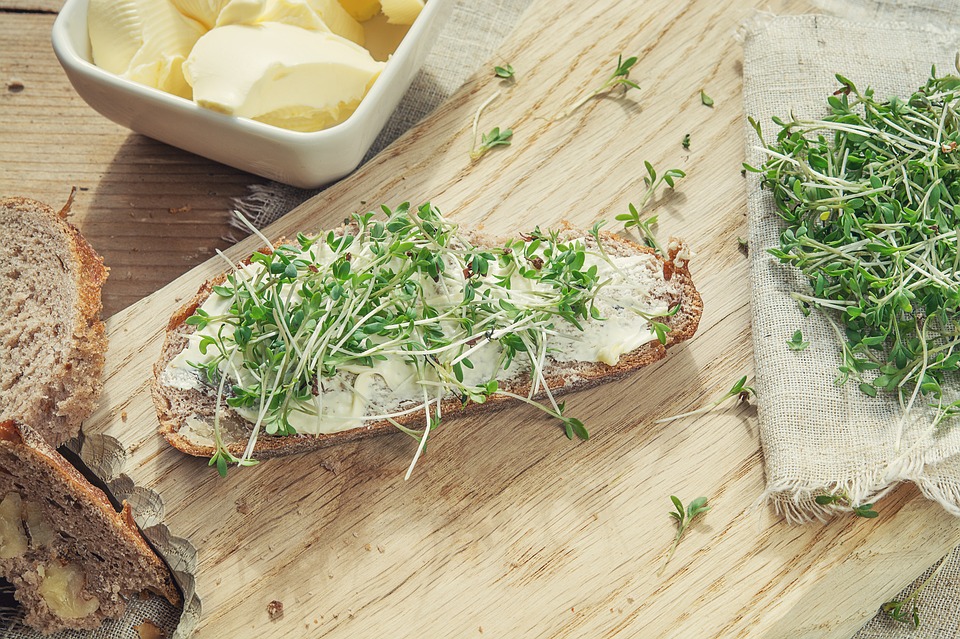Gluten free: si chiamano Virna Cerne e Ombretta Polenghi e sono tra i finalisti dello European Inventor Award 2016 nella sezione Industry. Il loro brevetto è per una nuova proteina gluten free.
Si disputerà a Lisbona il 9 giugno la finale dello European Inventor Award 2016, il premio istituito dall’EPO – European Patent Office, e che vedrà protagoniste due scienziate tutte italiane, Virna Cerne e Ombretta Polenghi che, per una volta, vivono e lavorano nel nostro Paese.
[irp posts=”1769″ name=”Gluten Free, lo street food diventa gourmet”]
Che l’Italia sia una fucina di talenti è fatto abbastanza certo e noto, ma negli ultimi tempi si sente sempre più spesso parlare di “cervelli in fuga” che ottengono premi, riconoscimenti, borse di studio lontani dalla propria casa. Questo caso è diverso: Cerne e Polenghi infatti lavorano per la Dr. Schär, azienda leader nel settore degli alimenti per celiaci, non solo italiana – ha sede in Alto Adige – ma che dal 1922, anno in cui è nata, mantiene una ferma politica di family business, essendo ancora di proprietà del fondatore Ulrich Ladurner.
Ma perché parliamo di brevetto gluten free? Le due scienziate, candidate nella sezione Industry, avrebbero trovato il modo di estrarre dal granturco delle proteine analoghe a quelle del glutine, da poter inserire nei cibi per celiaci. Queste proteine darebbero agli alimenti interessati una consistenza, un sapore e una friabilità molti simili ai prodotti con il glutine, rendendoli quindi più appetibili sul mercato. Il processo consiste nell’inserire il granturco in una miscela di acqua e alcool che viene poi riscaldata e da cui si estraggono queste proteine, che verranno inserite in diverse quantità negli alimenti a seconda della consistenza desiderata.
Il mercato del gluten free negli ultimi anni è risultato uno dei maggiori in espansione, e ha visto la nascita di numerose aziende di prodotti per celiaci, di locali dalla ferma politica gluten free, ma anche di libri di cucina che insegnano a mangiare con una dieta priva di glutine. Secondo quanto riportato da Il Sole 24 Ore, nel 2015 le spese in prodotti per celiaci hanno superato i 4 miliardi di euro e si stima che entro il 2020 arriveranno intorno ai 7 miliardi di euro.
[irp posts=”7757″ name=”Weekend green: come organizzarsi”]
[divider]ENGLISH VERSION[/divider]
Gluten free: They are Virna Cerne and Ombretta Polenghi, and they’re among the finalists of the Industry category in the European Inventor Award 2016. Their patent is for a new gluten free protein.
The final of the European Inventor Award 2016, the Awards established by the European Patent Office, will be held this June on the 9th in Lisbon, and the protagonists will be two female scientists, both of them Italian, Virna Cerne and Ombretta Polenghi who, for once, live and work in our country.
It’s a well-known fact that from Italy comes a wide array of talented people, but lately there’s been a lot of talk about brain drain, about these talented people leaving the country and obtaining awards, success and recognition abroad. This case is different: Cerne and Polenghi work for Dr. Schär, a leading company in the field of celiac-friendly food. The company is not just Italian, but keeps a strict family business model, since it’s still in possession of its founder, Ulrich Ladurner.
But why are we talking about a gluten free patent? The two scientists, running in the Industry category, seem to have find a way to extract proteins similar to gluten ones from corn, that could be integrated with celiac’s food. These proteins would gift these foods with a consistency, a taste and a tenderness very similar to those with gluten, making them more easy to sell. The process consists in inserting the corn in a mix of water and alcohol, which is then heated and from which these proteins are extracted, that will then be inserted in great quantity in aliments depending on the desired consistency.
The gluten free market has been one of the fastest expanding markets in recent years, and saw the birth of several companies of celiac-friendly products, of restaurants with a strict gluten free policy, and even recipe books that teach people how to follow a gluten free diet. According to Il Sole 24 Ore, in 2015 the sales of celiac-friendly products have reached 4 billion euros, and analysts predict it to reach 7 billion within 2020.
Traduzione a cura di Andrea Caioli

